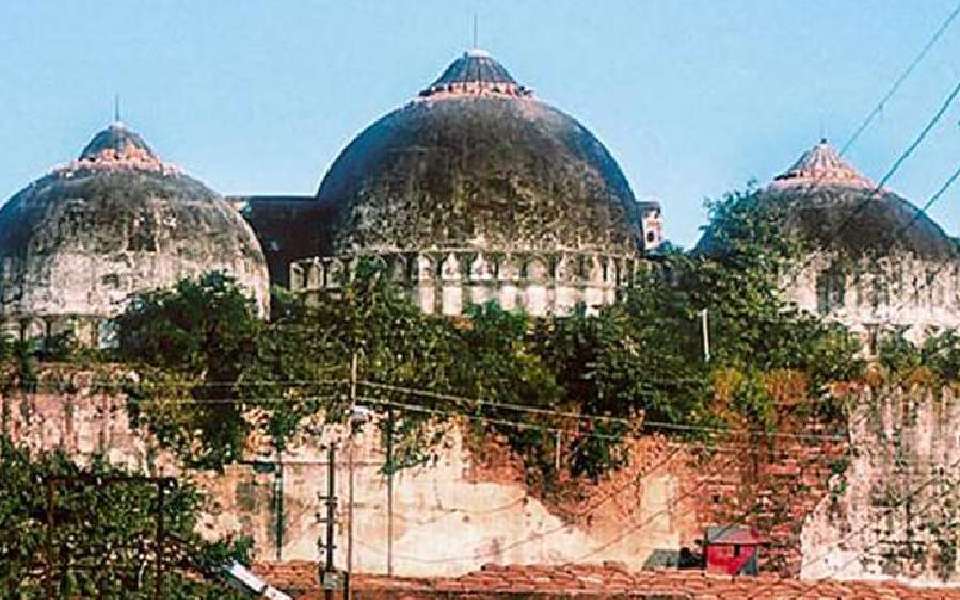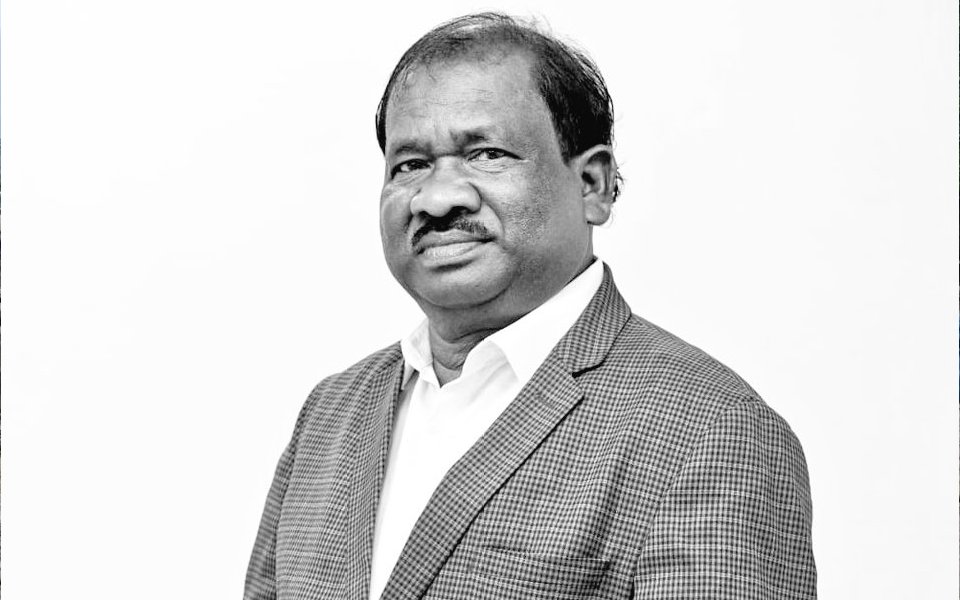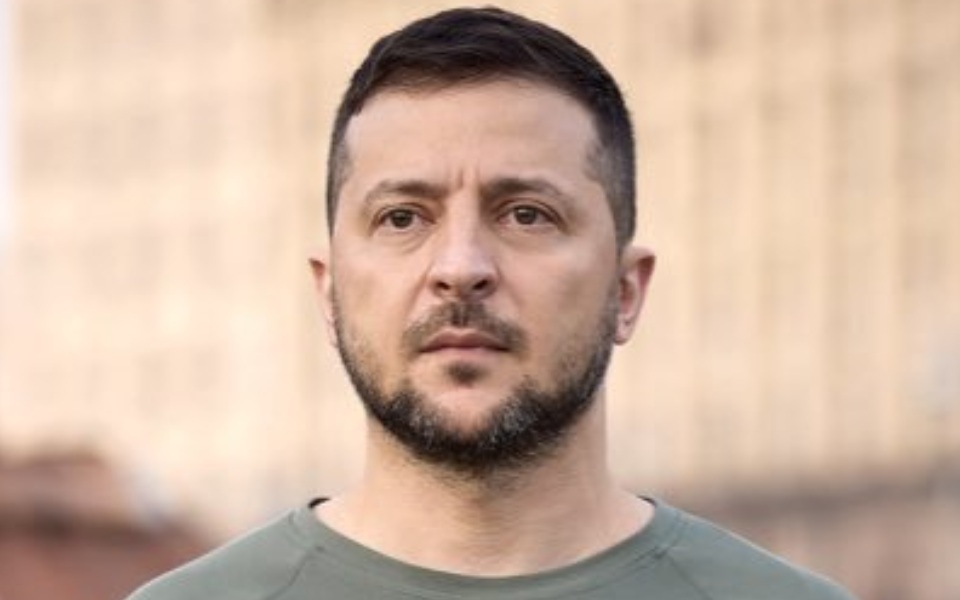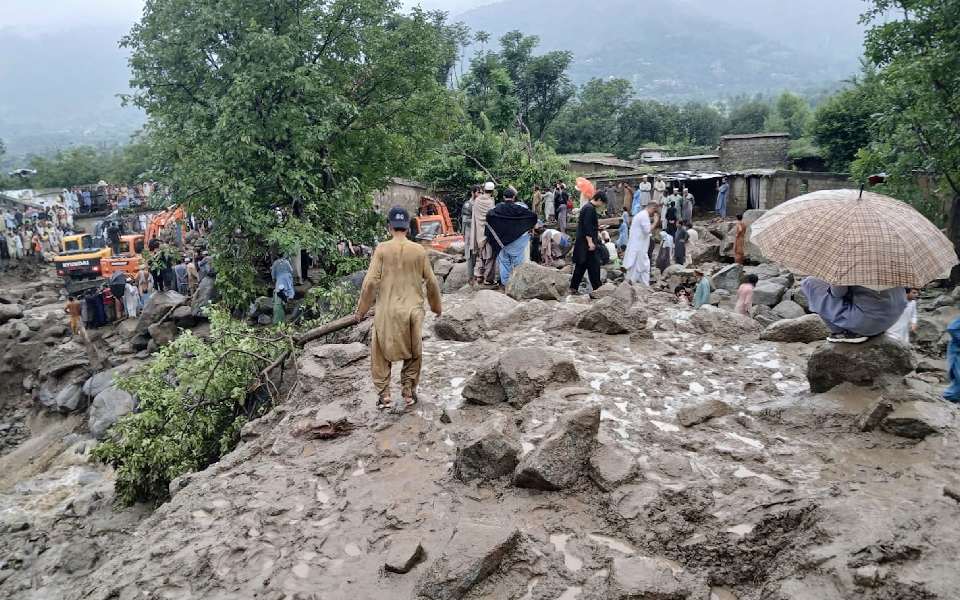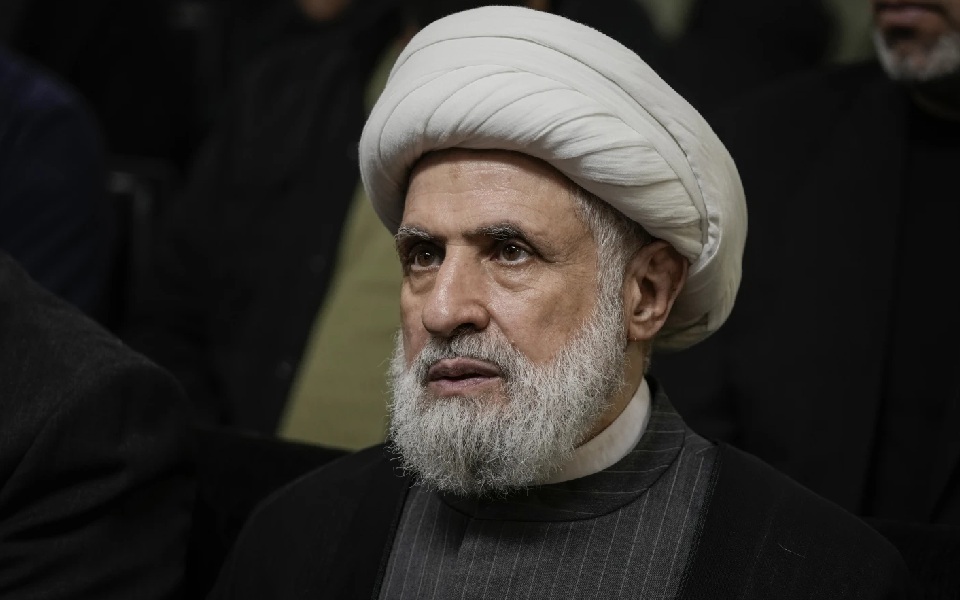Meerut (UP), Jun 3: Justice (retired) Sudhir Agarwal, who was part of an Allahabad High Court bench which delivered a key judgment in the Ram Janmabhoomi-Babri Masjid title suit in 2010, said he was under "pressure" not to give the ruling and added that had they not done so, there would not have been any verdict in the matter for the next 200 years.
Justice Agarwal retired from the high court on April 23, 2020.
Talking to reporters after an event in Meerut in Uttar Pradesh, he said, "After delivering the judgment..., I felt blessed.... There was pressure on me to postpone the judgment in the case. There was pressure from within home and also from outside."
"Family members and relatives used to suggest to somehow pass time and not deliver the judgment," he added.
"Had the judgment not been delivered on September 30, 2010 in the Ram Janmabhoomi-Babri Masjid case, there would not have been any judgement in this matter for the next 200 years," he said.
On September 30, 2010, the Allahabad High Court pronounced its judgement with majority decision of 2:1 and held that the 2.77 acres land located in Ayodhya would be divided equally among three parties -- Sunni Waqf Board, Nirmohi Akhara and 'Ram Lalla' or infant Ram represented by the Hindu Mahasabha.
The bench comprised Justices S U Khan, Sudhir Agarwal and D V Sharma.
In a landmark judgment in November 2019, the Supreme Court said a temple would be built at the disputed land in Ayodhya and ordered the government to give Muslim parties an alternative five-acre plot.
Let the Truth be known. If you read VB and like VB, please be a VB Supporter and Help us deliver the Truth to one and all.
Ranchi, Aug 15 (PTI): Jharkhand Education Minister Ramdas Soren died on Friday, JMM national spokesperson Kunal Sarangi said.
He was 62.
Soren was undergoing treatment at a private hospital in Delhi, where he was admitted on August 2.
"State Education Minister Ramdas Soren, who was undergoing treatment at a hospital in Delhi, is no more," Sarangi told PTI.
Soren's condition was critical and he was on life support, Sarangi said.
The Jharkhand Mukti Morcha (JMM) leader was airlifted to the hospital in the national capital from Jamshedpur after he fell in the bathroom of his residence on August 2.
A multidisciplinary team of senior specialists was closely monitoring his condition and providing intensive medical care.
Jharkhand Chief Minister Hemant Soren condoled his death.
Hemant Soren, in a post on X, wrote, "Ramdas Da (brother) should not have left us like this. Last greetings to Dada..."
Ramdas Soren, born in Ghorabandha village in East Singhbhum district on January 1, 1963, began his political journey as the gram pradhan of the Ghorabanda panchayat, eventually rising to become one of the most influential ministers in the Hemant Soren-led cabinet.
He won the Ghatshila assembly seat for the third time in 2024 by defeating BJP's Babulal Soren, son of former chief minister Champai Soren.
ऐसे छोड़ कर नहीं जाना था रामदास दा...
— Hemant Soren (@HemantSorenJMM) August 15, 2025
अंतिम जोहार दादा... pic.twitter.com/5cKZkpIe9Z

